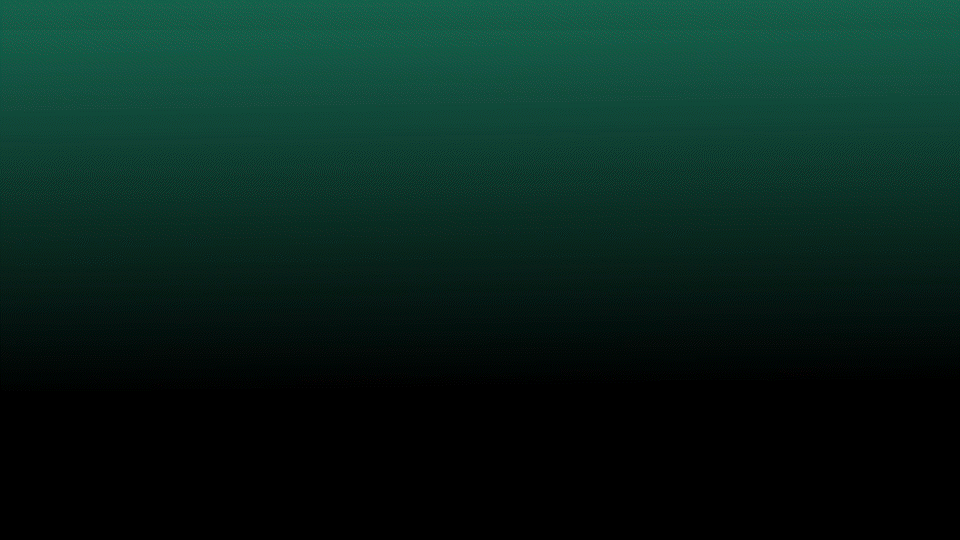Social Justice Work
What stood out to me most during the 2016 Presidential Election Campaign was that people on either side of the two party system appeared to be using quite similar memes to illustrate support for their party preference’s side.
The widespread influence of media plays a powerful role in shaping, distorting, or even dividing our shared values. We are all subjected to the information big tech wants us to see, ads run by Super PACs and disinformation campaigns.
In a world where media influences how we perceive reality, storytelling becomes an act of power—one that can either divide or unite us. Through my work on projects like Reckoning with Racism in Nursing and the Radcliffe oral histories, I’ve seen firsthand how video editing can serve as a tool for justice, a means to preserve underrepresented voices, and a way to challenge dominant narratives. By shaping the way stories are told, I strive to create content that remains true to the intent of the speaker, fosters empathy, deepens understanding, and reconnects us with our shared humanity. At its core, social justice video editing isn’t just about crafting compelling narratives—it’s about ensuring the right stories are heard in a media landscape that often tries to silence them.
Thinking about your next project?
Reckoning with Racism in Nursing
Evolution of a Social Justice Project
In 2021 I was hired as a freelance editor by Joe Lambert of Story Center to assist with the Reckoning with Racism in Nursing project.
The project encompassed interviews from 37 nurse participants, beginning with my role as editor crafting hour-long conversations into focused ten-minute segments that captured the most powerful moments. My deep immersion in the content led to a vision for something larger - a trailer that would weave these stories together. When I pitched this concept, the Reckoning with Racism in Nursing Steering Committee immediately embraced it.
Starting with those initial 22 in-depth interviews, I helped transform individual stories into a comprehensive multimedia campaign, ultimately managing post-production for all 37 interviews. This included everything from titles and animations to technical consistency across the entire collection. Recognizing powerful thematic connections between the nurses' experiences, I developed eight compelling thematic segments, each running 10-15 minutes. The project's momentum grew and I created targeted social media content, attracting additional resources and culminating in a full-length 80-minute documentary.
I had the distinct honor of remotely directing Lucinda Canty's documentary segments via Zoom, incorporating her powerful perspective into the final piece. This experience demonstrates my ability to both execute complex production work and shape content that resonates deeply with audiences and funders - vital skills for organizations seeking to amplify their social justice initiatives.
This project has been profoundly meaningful, offering me the opportunity to help amplify these essential voices in nursing and contribute to real change in healthcare.
In Action
Project Trailer
Thematic Cut
Social Media Cutdown
Mary was simply the best, most sensitive, most professional editor we have encountered. She was a critical part of a national project dealing with race in the nursing profession, it required her judgement not just on the storytelling on the edit, but her awareness of the issues of representation and support inherent in the project. She was spot on for the entire process.
~Joe Lambert, Story Center
How can I help?
What’s next?
I'm currently collaborating with the Radcliffe Club of San Francisco on a vital oral history initiative that captures the voices of Radcliffe College alumnae.
Radcliffe, established in 1879 as the "Harvard Annex," was one of the first institutions to provide women access to a Harvard education, making it a cornerstone in the history of women's higher education in America. The project has already collected over 200 interviews spanning generations, including remarkable conversations with alumnae from as far back as the class of 1941. These interviews, preserved in the Schlesinger Library Digital Archives at Harvard, are particularly crucial now as discussions about "Harvard's womanless history" highlight the urgent need to document these perspectives.
As the project's video editor and motion graphics artist, I'm crafting a promotional piece that will help expand this essential collection of oral histories. The urgency of this work is underscored by the recent passing of several participants since their interviews were recorded. Through careful editing and visual storytelling, I'm working to convey both the historical significance and personal intimacy of these conversations. Each interview represents not just an individual story, but a piece of a larger narrative about women's experiences in higher education - their recollections, reminiscences, and lived experiences during times of profound social change.
This project exemplifies how thoughtful multimedia storytelling can help preserve and amplify historically underrepresented voices. I am honored to be working on it with Alice Abarbanel who has been spearheading the project since 2020.



